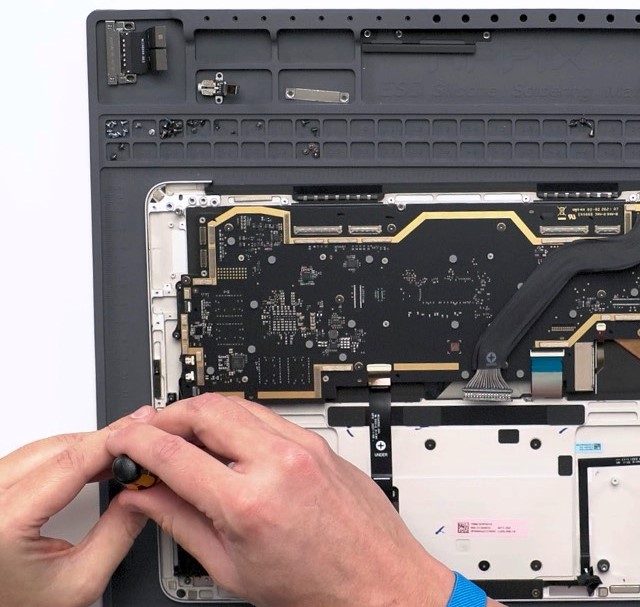Fuel taxes: businesses should use public transport more
The Government’s recent announcement on additional fuel taxes has been met with dismay by many in the small business sector. However, one chartered accounting and business advisory firm believes that […]
The Government’s recent announcement on additional fuel taxes has been met with dismay by many in the small business sector.
However, one chartered accounting and business advisory firm believes that not only is it a good thing, it can be mitigated if businesses use public transport more.
Director of NexGen Group, Vinay Iswar, says congestion in Auckland costs business – including trades and retail – more than $2 billion a year in lost productivity, so fixing it can’t be a bad thing.
“Late deliveries, dead time on the road and high freight costs (because trucks spend hours longer on the road), are some of the consequences of congestion. Imagine the benefits if we can fix the congestion problem by even a small amount.
“We complain about the traffic every single day, but I am urging my clients to see this as an opportunity to achieve better productivity in the short term and the long term.”
Responding to news that Kiwis nationwide will be paying 9 cents tax in the dollar and another 10 cents, plus GST, if you’re in Auckland, Iswar says that he’s done the numbers and can’t see any significant impact on small businesses.
“Your average small business probably spends between $10,000 and $20,000 a year on petrol which, based on around 20 cents tax in the dollar, equates to $1,000 to $2,000 per year. It’s a small price to pay to get rid of congestion.”
Iswar says for those who are running really lean, the problem can be dealt with through planning and business processes. For example:
1. Adjust your travelling patterns to reduce congestion and travel time.
2. Use public transport and tackle your emails while you’re about it.
3. Avoid passing on the increases to the consumer to differentiate yourself.
Adjust your travel patterns
“Begin by recording your time on a time sheet or app. Trades people are particularly poor at this. Record how long the job took and how long you spent travelling, and then plan a day and a week in advance when you can.
“Focus all of your appointments in the same area for the day or morning. Study the traffic patterns on your routes and adjust your behaviour accordingly – spending less time stuck in traffic will save you petrol. Use this fuel tax as an excuse to measure, plan and tighten up your business processes.”
Use public transport
Iswar says the car is less convenient than we give it credit for. “If you’re in a service business particularly, plan your day so you can use public transport – whether that’s buses, trains, taxis or Uber. Use the time to clear your emails and make phone calls instead of driving distracted.”
Don’t make your customers pay
Iswar says that with some thought, businesses could win goodwill and grow their market share by not passing on the increases.
“Tell your customer that you will be absorbing the cost and not increasing your prices. You will find your competitors using this as an excuse to hike prices, so be different.”






